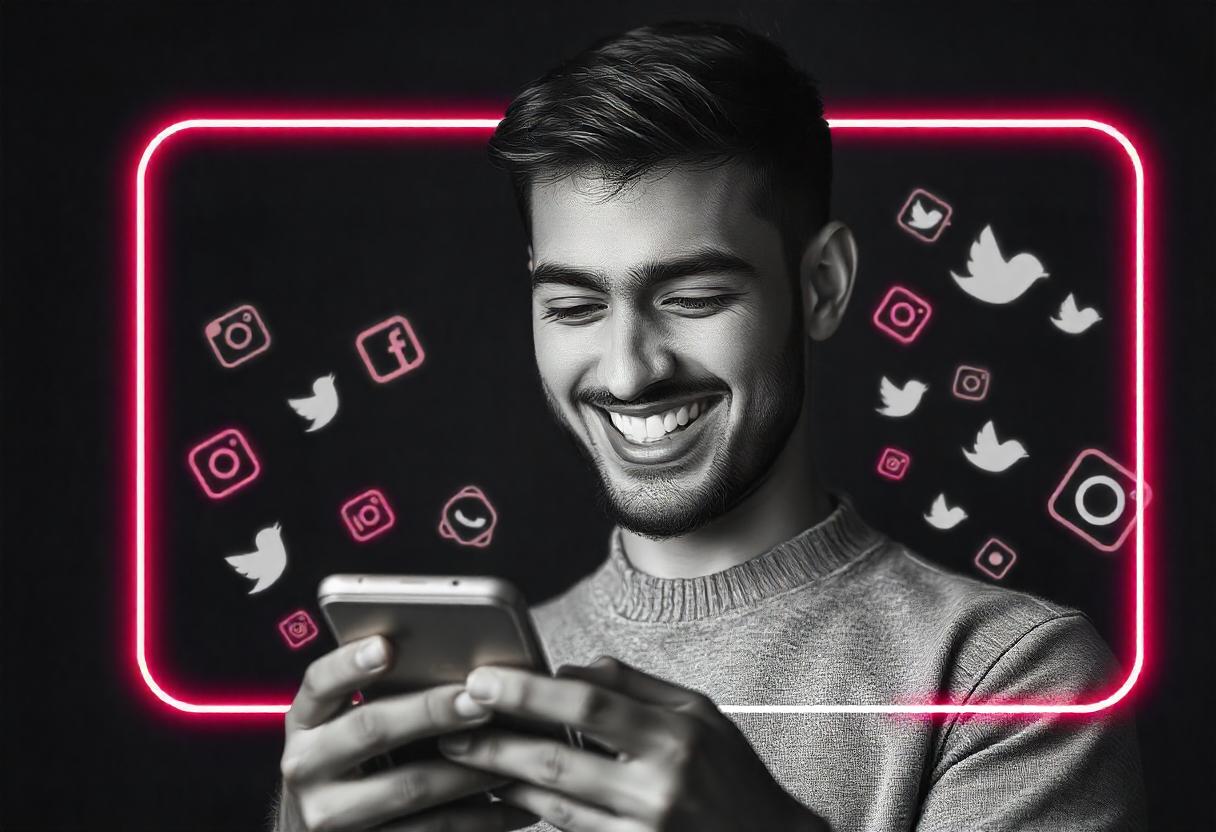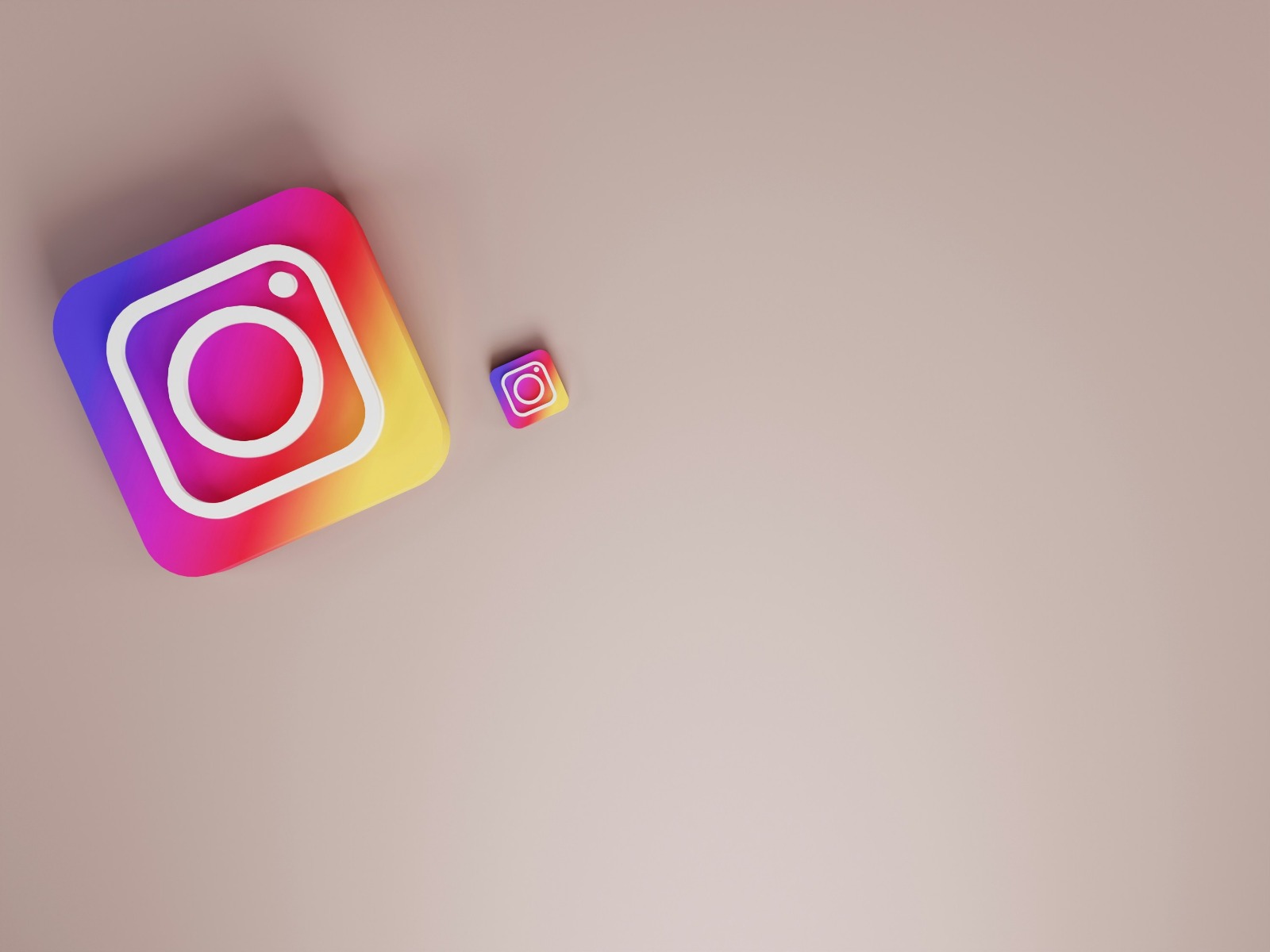Is Your Smartphone Making You Anxious? A Deep Dive Into Digital Anxiety
.jpg)
Smartphones have become an indispensable part of our lives, offering convenience, connectivity, and entertainment. But in a world where these devices are always in our hands, it's important to consider how they can impact our mental health. Smartphone anxiety is a real phenomenon, affecting more and more people as they struggle to disconnect from the constant barrage of notifications, apps, and digital content. In this blog, we will explore how smartphones can trigger anxiety, how to recognize the signs of smartphone anxiety, and most importantly, how to regain balance in a digitally driven world.
How Smartphones Can Trigger Anxiety
While smartphones are incredibly useful tools, they also have a dark side that can lead to anxiety. Here are some ways smartphones can trigger stress and anxiety:
-
Endless Notifications: Every ping, vibration, and alert can create a sense of urgency, making it difficult to ignore the constant stream of information. This heightened state of alertness can prevent you from relaxing or focusing on other tasks.
-
Sleep Disruptions: The blue light emitted from screens interferes with the production of melatonin, the hormone responsible for sleep. Using your phone late at night can disrupt your sleep patterns and leave you feeling groggy and unrested the next day.
-
Shorter Attention Span: The constant switching between apps and the fast-paced nature of smartphone use can make it difficult to concentrate on one task for an extended period. Over time, this can reduce productivity and make it harder to focus on important activities.
-
Fear of Missing Out (FOMO): Scrolling through social media feeds can trigger feelings of inadequacy, as we often see others leading exciting lives. This can lead to anxiety and a dip in self-esteem, as we compare ourselves to the seemingly perfect lives of others.
Signs That Your Smartphone is Causing Anxiety
It’s not always easy to recognize when your phone use is affecting your mental health. Here are some red flags to look out for:
-
Feeling anxious when your phone isn’t nearby.
-
Checking your phone first thing after waking up.
-
Constantly refreshing social media.
-
Feeling anxious when you see an unread message or notification.
-
Having trouble focusing without your phone nearby.
-
Avoiding real-life interactions in favor of screen time.
-
Experiencing headaches, neck pain, or stress due to excessive phone use.
If these signs sound familiar, it might be time to reconsider your phone habits.
How to Reduce Digital Anxiety
The good news is that you don’t need to completely eliminate your smartphone usage to reduce anxiety. Here are some strategies to help you regain control over your digital life:
-
Set Screen Time Limits: Most smartphones now have built-in tools to help you limit your screen time. Use these features to reduce the amount of time spent on social media or other apps that may be contributing to your anxiety.
-
Manage Notifications: Not every notification is urgent or important. Disable non-essential notifications so that you're not constantly distracted by alerts.
-
Use Your Phone Mindfully: Instead of using your phone mindlessly, make sure that your interactions are purposeful. Use apps for meditation, audiobooks, or exercise to promote mental peace.
-
Prioritize Face-to-Face Interactions: Spending quality time with family and friends can help you reconnect with the real world and reduce anxiety. In-person interactions provide the emotional support and connection that digital communication can’t fully replicate.
-
Use Flight Mode: When working or engaging in other tasks that require focus, put your phone in flight mode to avoid distractions.
-
Stay Active: A sedentary lifestyle can increase stress and anxiety. Incorporate physical activities like yoga, sports, or outdoor walks into your routine to help reduce digital anxiety.
-
Develop a Nighttime Routine: Avoid using your phone at least one hour before bedtime. Instead, opt for activities like reading, journaling, or meditation to wind down and promote better sleep.
Building Real-Life Connections
While smartphones keep us connected virtually, they can sometimes weaken in-person relationships. To combat this, engage in activities that don’t involve technology. Spend time with loved ones, have face-to-face conversations, or take part in hobbies that help you disconnect from the digital world. Strengthening these offline relationships provides emotional support and small doses of dopamine, the brain's "reward" chemical.
Building a Healthier Digital Future
Technology itself isn’t the problem; it's how we choose to use it. By making small changes like limiting screen time, engaging in offline activities, and setting boundaries, we can strike a balance between staying connected and protecting our mental health. The goal isn’t to disconnect completely; it’s about using technology more intentionally and mindfully.
Embracing Offline Activities
One of the most effective ways to combat digital anxiety is by rediscovering activities that don’t involve smartphones. Whether it’s reading a book, spending time with loved ones, trying a new hobby, or simply enjoying nature, offline activities help ground us in the present moment and give our minds a break from constant digital stimulation.
Breaking the Habit Loop
Smartphone addiction isn’t just about entertainment; it's a dopamine-driven habit loop. Every notification, like, or message releases a small burst of dopamine, creating a cycle of anticipation and reward. Understanding the tech behind each app can help you break free from this cycle. Try practicing delayed responses when you receive a message or notification—this helps retrain your brain to reduce its dependency on immediate gratification.
Finding Balance in a Digital World
Smartphones are powerful tools, but they shouldn’t control your life. By making conscious decisions to set boundaries, engage in meaningful offline activities, and use technology with intention, you can regain control over your digital world. Next time you pick up your phone, ask yourself: Is this helpful for me? Am I spending too much time on my phone? Small changes can lead to significant improvements in your overall well-being.
Take charge of your digital life, rather than letting it take charge of you.
Asif Bc
Aspiring blogger in Kerala sharing insights on technology and mental health to inspire mindful living.



.jpg)
0 Comments